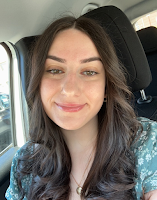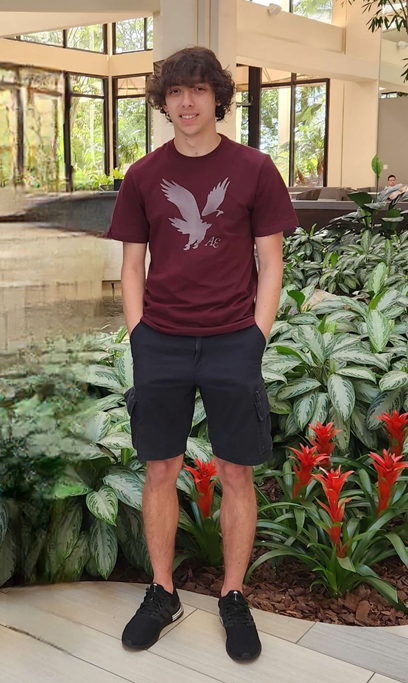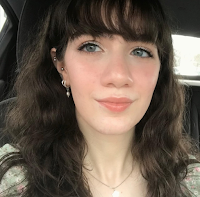In my spring semester I had the opportunity to take MGT 320 as an honors course, led by Dr. Holly Bonner. When I proposed my capstone idea to her at the beginning of the semester, she welcomed me with open arms and was ecstatic to allow me to join her in all parts of her work. Dr. Bonner is a well-known figure in the community, both academically and culturally. The number of accolades she has is far too many to list; I knew I had chosen a professor who would be able to add to my college experience far beyond any I had before.
In the Organizational Behavior honors course, I able to gain new experiences in all sectors of the world, each tying back into the curriculum. Dr. Bonner had me shadow her in her preparation for this year's social work conference that took place on March 24th, 2024. Dr. Bonner allowed me to help her prepare her speech, and do interactive preparation for public speaking, along with reviewing her research to make sure it would appeal and be understandable to the public.
A core ideal in Organizational Behavior is addressing the work place, and how to get higher ups to properly communicate with their employees while avoiding noise. Dr. Bonner allowed me to have firsthand experiences in the method, something the ordinaries of the textbook could never give me.
Another important concept that is heavily emphasized in Organizational Behavior in DEIA. This acronym breaks down into Diversity, Equity, Inclusion, and Accessibility. Diversity encompasses the range of human differences, including race, gender, ability, and more, while equity seeks fair treatment and access to resources for all individuals. Inclusion promotes embracing people of diverse backgrounds, and accessibility ensures equal access to information and services, creating environments that are welcoming and equitable for everyone. Dr. Bonner’s entire teaching style resembles this concept and she is constantly trying to get her students and the community involved with one another.
Along with the numerous informative lectures on the topic, Dr. Bonner allowed a group of students and me to help in this year’s Beeping Egg Hunt held at the Lavelle School for the Blind. This event is for people of all abilities; however, it specially caters to the visually impaired, the blind and disabled. The eggs beep, allowing everyone to participate and be engaged in a tradition that children with disabilities may miss out on. My classmates and I made candy filled eggs to circle the beeping eggs for children to find. This was just another hands-on experience that Dr. Bonner provided to help amplify the classroom.
My experience in MGT 320 with Dr. Holly Bonner was enriching and impactful. Through her guidance, I gained valuable insights into Organizational Behavior and learned about the importance of DEIA principles in fostering inclusive and accessible environments. Dr. Bonner's teaching style, coupled with hands-on experiences like the beeping egg hunt, provided a practical understanding of these concepts and their real-world applications. I'm grateful for the opportunity to learn from such a respected figure in academia and the community, and I'm confident that the lessons I've gained will continue to influence my personal and professional growth in the future.































